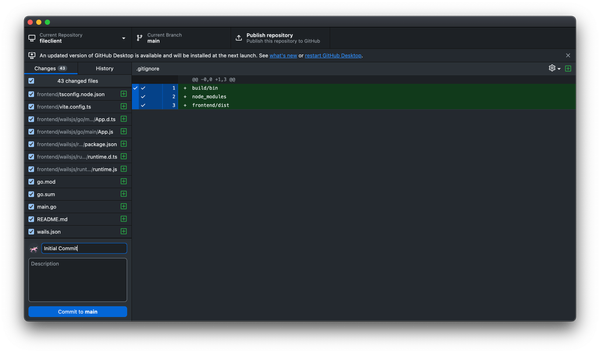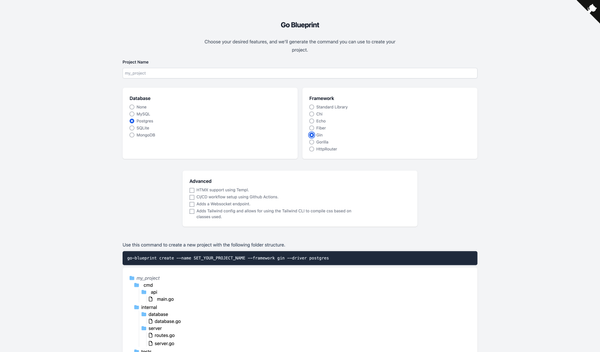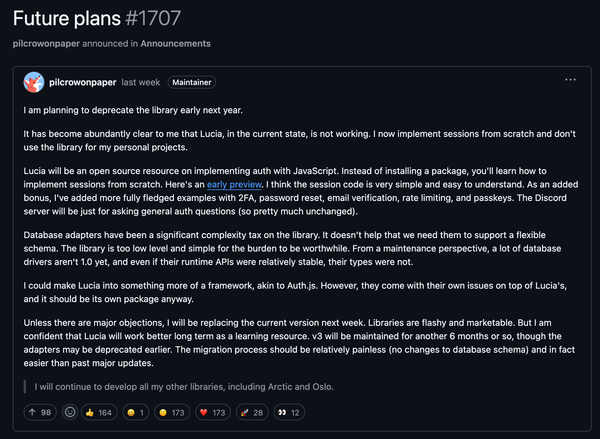Exploring the Latest in Web Development Frameworks: A 2024 Guide
Embark on a journey through the forefront of web development with our comprehensive guide to the most innovative frameworks of 2024, where cutting-edge performance meets unparalleled ease of use.

In the fast-paced world of web development, staying abreast of the latest frameworks is crucial for developers seeking to enhance their projects with the newest features and optimizations. As we delve into 2024, a fresh batch of promising web development frameworks has caught the attention of the developer community. This article serves as the first part of a comprehensive guide, providing an overview of these emerging frameworks, their unique features, and how they compare to their predecessors.
The Rise of Modern Web Development Frameworks
Before we dive into specifics, it's important to acknowledge the evolution of web development frameworks. These frameworks are the backbone of modern web applications, offering developers a structured and efficient way to build scalable, maintainable, and high-performing websites and applications. The latest frameworks are designed to address the growing complexity of web development, emphasizing performance, ease of use, and integration capabilities.
1. Astro
Astro emerges as a standout in 2024, redefining static site generation with its innovative approach. Unlike traditional frameworks, Astro optimizes for performance by delivering zero JavaScript by default, loading interactive components only when needed. This approach significantly reduces the initial load time, enhancing the user experience, especially on mobile devices.
Unique Features:
- Partial Hydration: Astro loads only the necessary JavaScript, reducing page weight and improving load times.
- Component-Island Architecture: Allows developers to build websites using components from any UI framework like React, Vue, or Svelte, without locking into a specific framework.
- Built-in SEO Optimization: Offers out-of-the-box SEO enhancements, making it easier to achieve higher rankings.
2. SvelteKit
SvelteKit is the next evolution of the Svelte framework, designed as an all-in-one solution for building highly reactive web applications. It's a framework that compiles your code to highly efficient vanilla JavaScript at build time, resulting in faster runtime performance and smaller bundle sizes.
Unique Features:
- Zero Runtime Overhead: SvelteKit applications run without the traditional virtual DOM, leading to faster updates and less boilerplate code.
- File-based Routing: Simplifies page creation and routing by treating files in the
routesdirectory as individual routes. - SSR and Static Generation Support: Supports both server-side rendering (SSR) and static site generation (SSG), offering flexibility for various use cases.
3. SolidJS
SolidJS stands out with its fine-grained reactivity system, offering a simplicity that mirrors React but with significantly better performance benchmarks. It's designed for developers who appreciate React's component-based approach but desire more speed and efficiency.
Unique Features:
- Fine-grained Reactivity: Updates components with precision, leading to more efficient re-renders.
- Close to Vanilla JavaScript: Emphasizes simplicity, with a development experience that feels closer to working with vanilla JavaScript than other frameworks.
- Compilation Optimizations: SolidJS's compile-time optimizations ensure that the runtime is as lightweight and fast as possible.
Comparing Frameworks
When comparing these frameworks to established ones like React, Angular, or Vue, the emphasis on performance, developer experience, and modern web standards is clear. Each of the new frameworks brings something unique to the table:
- Astro's focus on partial hydration and SEO optimization makes it ideal for static sites and web applications prioritizing speed and search engine visibility.
- SvelteKit offers a seamless development experience with its compile-time optimizations, making it a strong contender for developers looking for an efficient and intuitive framework.
- SolidJS shines with its fine-grained reactivity, appealing to those who need high performance without sacrificing the simplicity of development.
Looking Forward
This guide marks the beginning of our journey into the latest web development frameworks of 2024. In subsequent articles, we'll dive deeper into each framework, exploring tutorials on getting started, performance benchmarks, community support, and real-world applications. Our goal is to provide a detailed understanding of these frameworks, helping developers make informed decisions based on their project requirements.
The web development landscape is continually evolving, and these frameworks represent the cutting edge of what's possible. By embracing these new tools, developers can build faster, more efficient, and more user-friendly web applications than ever before. Stay tuned for more in-depth analysis and tutorials on each framework, as we explore the best practices and innovative uses in the world of web development.



